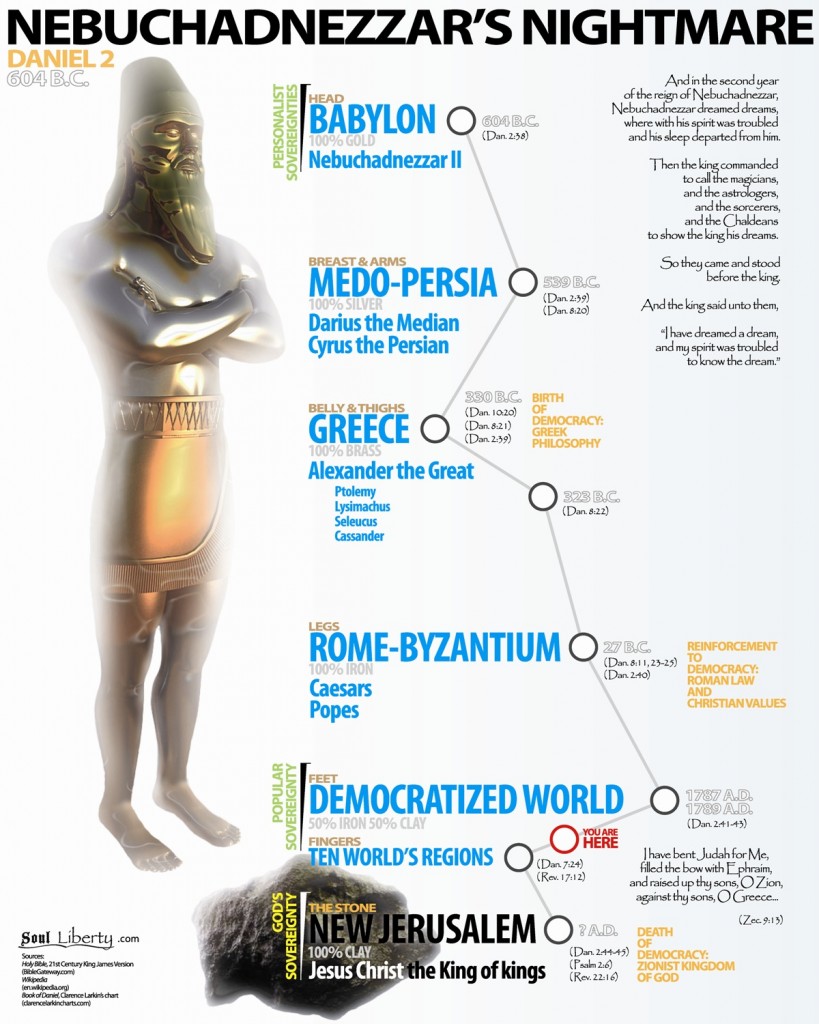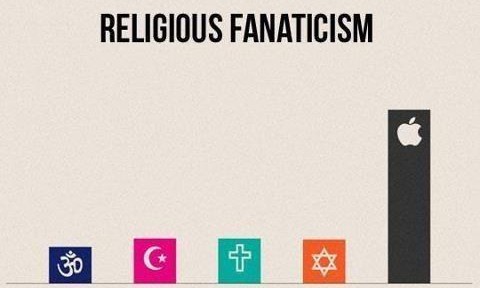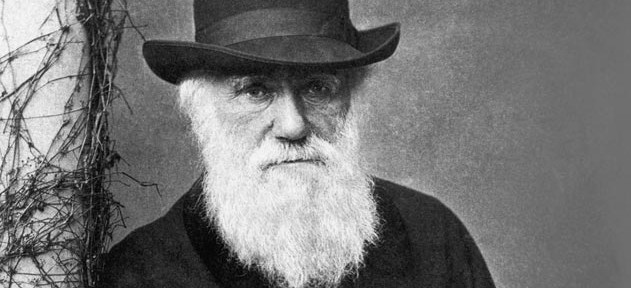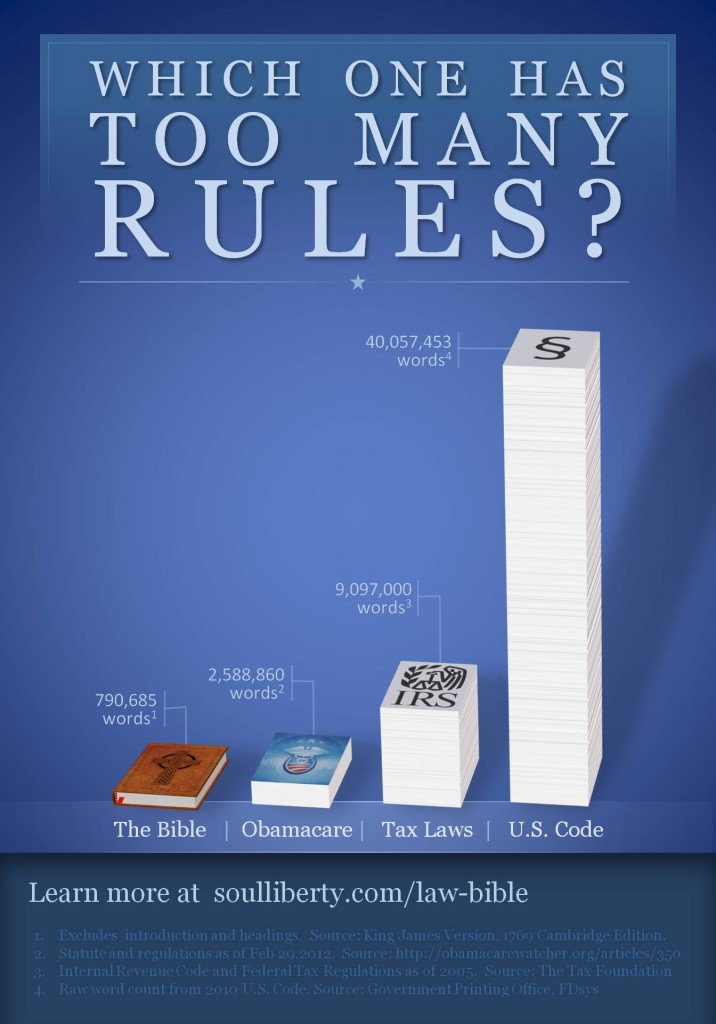“Godless liberal socialists” clearly differ from “religious right-wingers” on the subject of war. The evangelical voting base of the Republican Party finds this so important that even the most fiscally responsible constitutionalist is marginalized as the “crazy uncle” due mostly to his non-interventionist foreign policy. Author Michael Snow argues against our stereotypical politics in Christian Pacifism: Fruit of the Narrow Way showing from a personal, historical, and theological perspective that the biblical position is far from hawkish as we’d assume in this era of preemptive war.
A Personal Connection
[amazon asin=B005RIKH62&template=iframe image&chan=default]
Snow connects with readers early on with his personal story about serving as a Marine with a dream of becoming a pilot. He ultimately washed out from causes out of his control, perhaps an answer to his prayer: “Lord, don’t let me get so caught up in flying that I forget about people.” His descriptions of training echo my own from the Air Force Academy, most notably when describing the level of mistrust displayed toward soon-to-be decision-makers.
One stand-out event was the Kent State shooting which took place the year he graduated college and entered the military. During pilot training, his commanding officer referred to the incident and made it clear to the class they may someday fly missions against similar “revolutionaries.” Snow vividly illustrates other experiences which shaped his move toward pacifism, each of which were at odds with the Christian concept of a loving attitude toward fellow men and women.
From here, he sets the foundation for his basic argument: that God’s universal love is at odds with the dehumanizing effects of war. Snow summarizes this beautifully in his counter-argument for “humanitarian” war:
Here, I believe, is a key to Christian discussion about warfare: abstractions take precedence over concern for individual human lives. When such priorities govern us, a dreadful condition prevails. We cry, “We will save you!”, sanctify ourselves, and commence a mission of destruction.
The abstractions he discusses include arguments very similar to Edmund Burke’s well-known quote:
The only thing necessary for evil to flourish is for good men to do nothing.
Snow rightly points out that we are quick to turn to militaristic options for fighting said evil versus more loving means such as humanitarian aid, though he is not clear on how such aid could be carried out in countries ruled by oppressive dictators.
Theological Arguments Against Warmongering
The author does not limit his persuasion tactics to emotional appeal and anecdotes alone. He tackles the ingrained yet mistaken assumption that God’s protection of Israel and battle directives in the Old Testament amount to an endorsement of war. He points out facts from these stories that are often forgotten, such as when God prohibits David from building the temple due to his bloodshed (1 Chron 28:2-3). Or, consider Deut 1:21-46 which recounts Israel’s disobedience to God’s command not to take up arms in possessing the land of Canaan. They were driven out, destined for 40 years in the wilderness and threats of war on their people from then on.
The New Testament lends itself more obviously to a “turn the other cheek” perspective. Pro-war theologians do find some passages which appear to support their case which Snow dismisses perhaps too quickly. Jesus’ praise for the Roman Centurion’s faith absent a rebuke of his profession, his command in Luke 22:36 to buy a sword, and his statement in Matthew 10:34 that the Messiah comes not to bring peace, but a sword are notable examples. Still, Snow finds thorough support elsewhere for pacifist principles which more than balance out his relatively thin treatment of the above arguments.
A Brief History Lesson
Mr. Snow introduced me to his book by way of a blog post on the Anabaptist Schleitheim Confession, which reads (in part):
The worldlings are armed with steel and iron, but the Christians are armed with the armor of God, with truth, righteousness, peace, faith, salvation and the Word of God.
This shows that at least as far back as 1527 when the Swiss Brethren Conference adopted this confession that Christians took exception to serving in a military capacity. Snow’s book adds to this history by surveying The Decline and Fall of the Roman Empire, writings by church fathers Athenagorus and Tertullian, and A Short History of Christianity – all of which clearly indicate Christian resistance to taking up the sword.
Important Distinction: Defense vs. Offense
One distinction this book does not treat adequately is the difference between offensive and defensive war. This might be excused since prior to the initial publication in 1981 of Christian Pacifism, America was a stranger to the doctrine of preemptive military operations, better described as wars of aggression. The 30th anniversary edition does not correct this inadequacy, however.
It is an important distinction to make since early Christian theological heavyweights find no conflict with waging war on a limited, well-justified basis. Typical criteria include a measured response to provocation, reasonable chance of success, ensuring war is an absolute last resort, and guidance on the conduct and treatment of combatants. Unlike the author, I am not fully convinced that all war is at odds with the Bible unless one can show from Scripture that Aquinas, et. al. are wrong on these points.
Even so, as every war which America has waged in recent history has clearly violated these criteria, it may make no difference whether we argue against all war (as this book does) or simply “unjust” war. The final analysis puts proper theology at odds with our country’s actions either way.
The Ultimate Solution
The author is clearly influenced by Quakers but does not spend time on any doctrinal distinctions. Snow frequently proposes we feed the hungry with the resources we put toward fighting battles, but does not expound the theological root of this thinking outside of loving our fellow humans. Some Quakers preach that we are currently in the Millennium and have a responsibility toward social justice; others look toward a future fulfillment of prophecy through the bodily resurrection of Saints and the Second Coming of Christ.
It is this Second Coming which culminates the war to end all wars at the Battle of Armageddon. Whether or not Christians choose serve in a military capacity or show support foreign wars between now and then, we will certainly fight alongside our Lord Jesus Christ to finally vanquish Satan and the forces of evil in this world.















